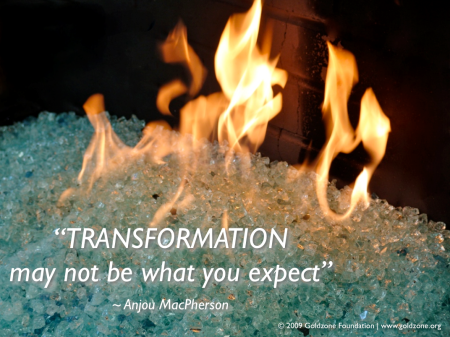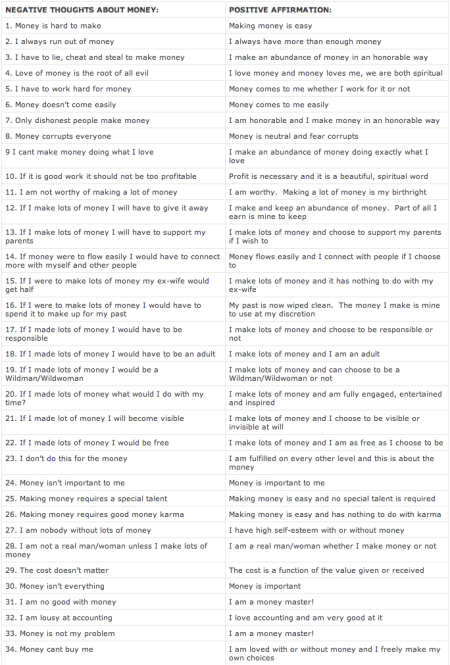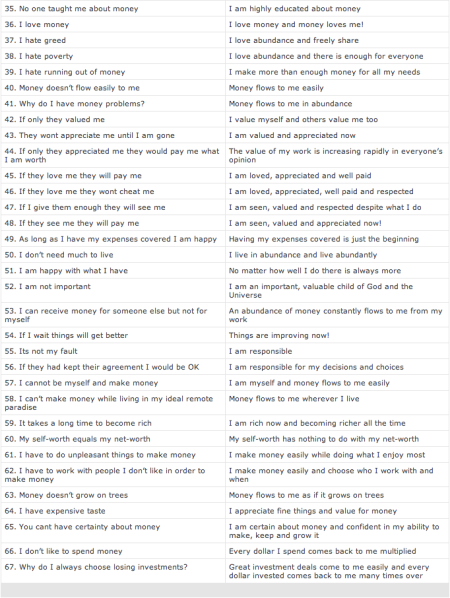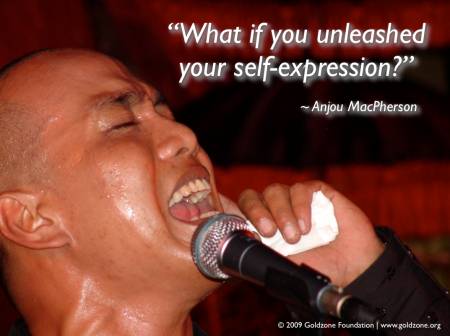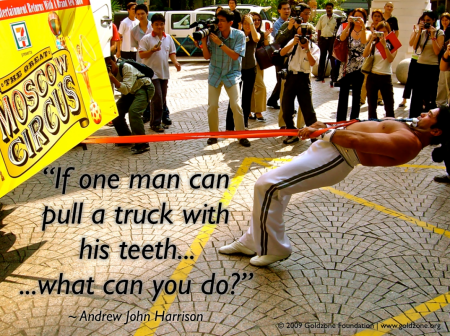By Robert S. De Ropp
Seek, above all, for a game worth playing. Such is the advice of the oracle to modern man. Having found the game, play it with intensity – play as though your life and sanity depended upon it. (They do depend on it.) Follow the example of the French existentialists and flourish a banner bearing the word “engagement.” Though nothing means anything and all roads are marked “no exit,” move as if your movements had some purpose.
If life does not offer a game worth playing, then invent one. Even to the most clouded intelligence, it must be clear that any game is better than no game. But although it is safe to play the Master Game, this has not served to make it popular. It remains the most demanding and difficult of games, and in our society, few play.
Contemporary man, hypnotized by the glitter of his gadgets, has little contact with his inner world and concerns himself with outer, not inner, space. But the Master Game is played entirely in the inner world, a vast and complex territory that men know very little about. The aim of the game is true awakening, full development of the powers latent in man.
This game can be played only by people whose observations of themselves and others have led them to certain conclusions, namely, that man’s ordinary state of consciousness, his so-called waking state, is not the highest level of consciousness he is capable of. This state is so far from a real awakening that it could appropriately be called a form of somnambulism, a condition of “waking sleep.”
Once a person has reached this conclusion, he can no longer sleep comfortably. A new appetite develops within him, the hunger for real awakening and consciousness. He realizes that he sees, hears, and knows only a tiny fraction of what he could see, hear, and know; that he lives in the poorest, shabbiest of the rooms in his inner dwelling, but that he can enter into other rooms, beautiful and filled with treasures, the windows of which look out on eternity and infinity.
It is sufficient to say that the Master Game can NEVER be made easy to play. It demands that a man has all his feelings, thoughts, and entire physical and spiritual resources. If he tries to play it in a halfhearted way or tries to get results by unlawful means, he runs the risk of destroying his potential. For this reason, it is better not to embark on the game than to play it halfheartedly.
The solitary player lives today in a culture that is more or less opposed to the aims he has set himself, does not recognize the existence of the Master Game, and regards players of this game as queer or slightly mad. The player thus confronts great opposition from the culture in which he lives and must strive with forces that tend to bring his game to a halt before it has even started.
Only by finding a teacher and becoming part of the group of pupils that that teacher has collected about him can the player find encouragement and support. Otherwise, he forgets his aim or wanders off down some side road and loses himself.



